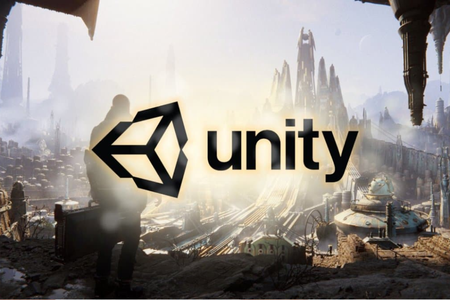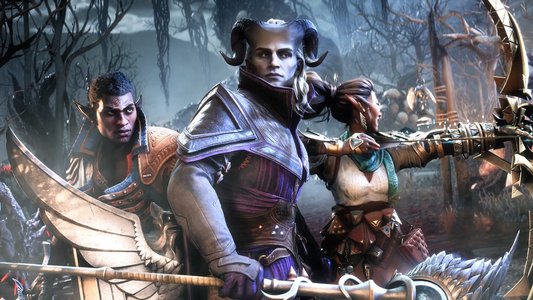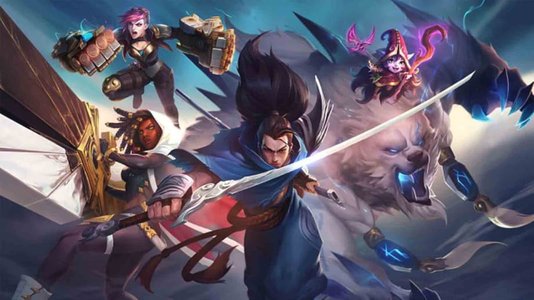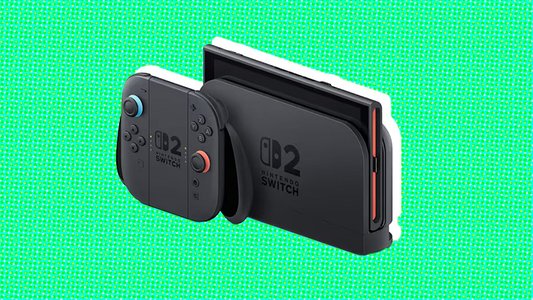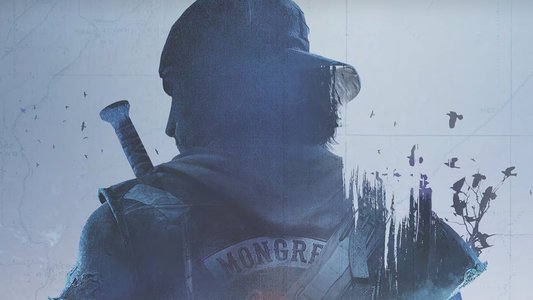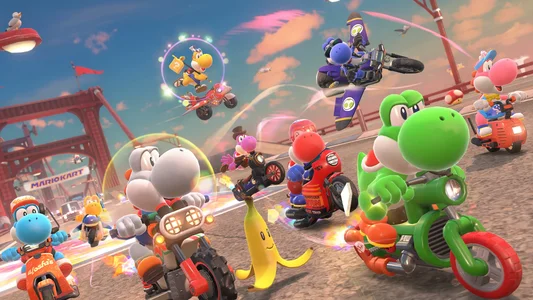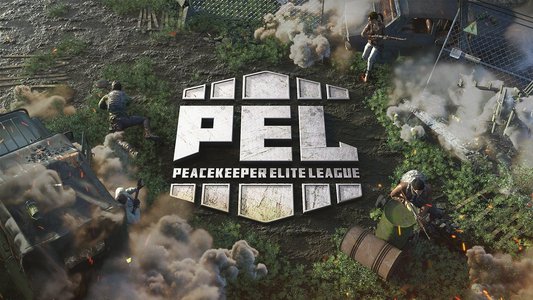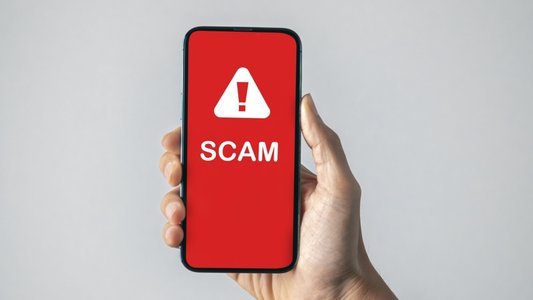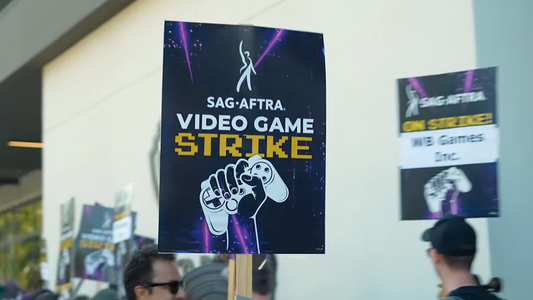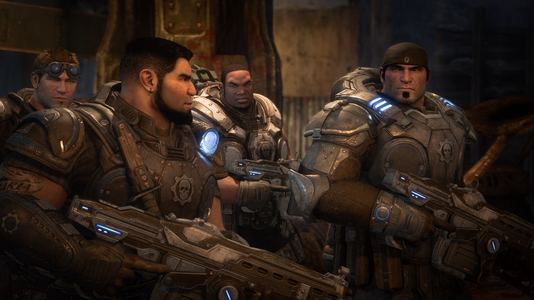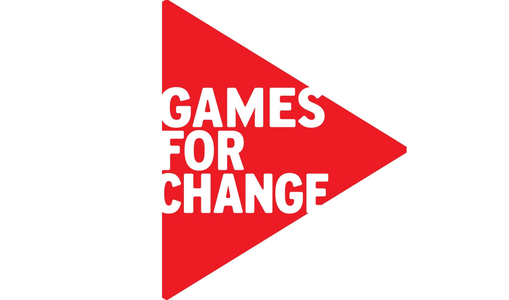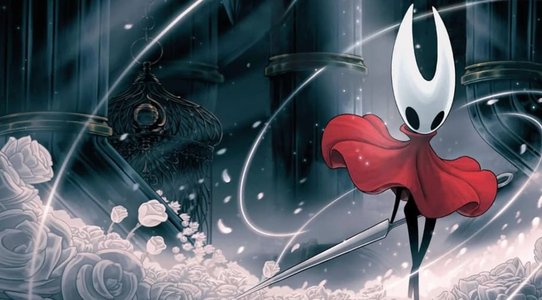Each of Sega's Yakuza games contains multitudes.
For example, Yakuza 0 (the series prequel released outside of Japan early last year) sets itself up as a playable crime serial set in '80s Japan.
But it can also be a cabaret management game, a blind date sim, a 3D beat-'em-up, an emulator of old Sega arcade classics, a rhythm game, a light-hearted RPG about solving stranger's problems, a real estate management game, and a surprisingly good place to learn the basics of tabletop games like shogi and mahjong.
From a developer's perspective, the scope of such a project seems daunting. From a player's perspective, it can be overwhelming -- my partner and I recently completed Yakuza 0, and saw that our 87 hours of combined play merited a "completion" score of roughly 33 percent.
The hook that holds together all these disparate game design elements, that pulled us and scores of Western players like us through the game, is the writing. For all its focus on cold-hearted criminals and petty evil, Yakuza 0 is a remarkably funny game; it affords players the freedom to quickly jump from incredibly serious, macabre scenes (a criminal is tortured in a warehouse) to (teach a shy punk band to act like Cool Rude Dudes in public).
That writing is translated and localized for the West by Atlus (alongside longtime series translator Inbound) starting with Yakuza 0 and continuing on through Yakuza Kiwami (a remake of the original 2005 game) and Yakuza 6. The localization of all three games has been overseen by Atlus' Scott Strichart, who recently sat down to chat about the ins and outs of adapting these games' humor and gravity for Western players.
It was an interesting conversation that went beyond the localization process (Atlus uses a translator/editor tag-team approach, rather than relying on translators alone) to touch on how, exactly, you translate humor, and how players in different regions can view a game or its characters completely differently. What follows is a version of that conversation we've edited for clarity.
The Yakuza games have a winning sense of humor. How do you translate that for a Western audience?
Strichart: The humor of a Yakuza game is a fine line to walk. It's very clear when the developers want to be funny. It's very clear to us when the writing that exists in the game is supposed to be like, "ha ha here's a joke." So we just want to make sure that if they intended for it to be funny, it also has to be funny to our audience. Whether or not that means changing the dialogue a little bit, changing the style in which it's delivered, making dialogue options a little bit more punchy, that kind of thing.
One of the perfect examples is, [in Yakuza 0] Majima encounters this...did you play the substory where he goes to infiltrate a cult? In that substory, one of the options he has is to crack a pun, in order to get this girl to snap out of her cult tendencies. So in Japanese, that pun is "futon ga futon da", which means "a futon is a futon" or, "a futon flies." It's a pun on words. It's basically a "why did the chicken cross the road" kind of joke.
If we literally translated that, it wouldn't work. If we put in "why did the chicken cross the road?" it's not much of a pun; it doesn't feel in line with Majima's character.

So that's where we had to come up with this pun that we ultimately went with, which was "how do you avoid dangerous cults? Practice safe sects!"
Okay, let's drill into that localization process -- how, exactly, did you go from a flying futon joke to a safe sex joke?
Well it wasn't just me -- we have a team of translators and editors who approach these games. These games are massive; if they were left to just me, i'd be buried under each of these games for years! Most of these Yakuza games actually are on par or greater than your average JRPG, in terms of volume of text.
How many lines of text were you working with in Yakuza 0?
Yakuza 0 is 1.8 million JPC (Japanese characters), and the average JRPG is, I think, 1 million to 1.2. So we were well above the average there.
So anyway, how our process works is, the scripts come in from Japan, and we divvy them up to certain translators and editors to make sure there's consistency among the sections that they're doing.
"We just want to make sure that if [the devs] intended for it to be funny, it also has to be funny to our audience. Whether or not that means changing the dialogue a little bit, changing the style in which it's delivered, making dialogue options a little bit more punchy, that kind of thing."
So that particular pun was in a substory, for instance, so the translation team who was on that was one of our outsourced translators, who was doing most of the Majima substories. Because they were familiar with Majima as a character, they were familiar with the substory content, and all that kind of stuff.
These kinds of localization issues, we don't know about them until we hit them. We're doing it line by line, and suddenly we're like "oh shit, here's a pun." And when you hit that, you have to take a step back and say okay, this isn't going to be a direct translation. We have to deal with it -- sometimes that comes down to a discussion amongst editors and translators, or sometimes a translator will flag it for the editor to say "I didn't know what to do with this, man. Let's talk about this."
So when that gets to the editor, the editor's job might be to come up with a way to make that pun palatable to the Western audience. That's generally the Atlus approach, is we use editors to refine the translated English text to make sure it makes sense to Western players.
A lot of companies don't do it this way. And it's not right or wrong, but a lot of companies dedicate a single translator who has the ability to translate Japanese to English, and make it good English. Whereas we use a method where the translators give an editor, not a literal translation, but translated words off the page that don't necessarily scream "this is great English." That allows an editor to come in and refine that text to make it palatable to a Western audience, whether or not that editor even speaks Japanese.
I really enjoy that style, actually. Back when I was the first localization employee at Level-5, it was kind of up to me to establish that style. I could have just thrown the work at a translation agency and let them go, but I thought it was a good idea to give it a more personal touch.
So we brought in a translator and, you know, when an editor meets a translator and they learn their style through working with them on a game or two, and you can almost feel their style through the text, you develop this like, symbiotic relationship with that translator. And that's kind of how I felt about that translator who was working on Attack of the Friday Monsters with me. It worked out really well.
So why do you think it's a good idea to use an editor/translator team, rather than just a single translator?
Well, it's not right or wrong. I think that both ways of doing localization have advantages and disadvantages. The advantages of this method are that it's a little more collaborative.
A translator gets to talk to an editor, and if you hit a line you're gonna stumble on, you can actually get a lot of insight into what that character is about, what they're saying, and kind of hash it out between you. If the editor kind of strays too far, the translator can kind of rein them back in and say "well, it's a little closer to the Japanese this way", and you end up refining a line to the point where it's a bit more accurate, or more true to what a Japanese developer was trying to convey. And that's something you can't get if you're just a single translator, a single mind trying to parse a game's text as best you can. There's no dialogue.
The second advantage is that, when editors are working on something, and they have less or no Japanese fluency -- I don't claim to have Japanese fluency -- we bring a creative writing aspect to these texts that might otherwise be just a direct translation. And a direct translation, that's not a localization. Not if you just translate something directly, that's often not enjoyable to read. It leaves humor behind, it ends up dry, it ends up boring to read.
What do you lose by using this tag-team method? Besides the extra costs, of course.
Here's the disadvantages: we're slower. When a game is translated, that's work that could be finalized, but then it then goes to an editor, who is then tasked with finalizing it. We try to mitigate that by making sure translators are going when editors roll onto a project, so you end up with this kind of lock-step process. But at the end of the day, it is a bit slower than if a single mind just translated the text and delivered it.
Is that why the Yakuza games seem to take a year or more, on average, to come to the West?
No, that is not why! [Laughs] We are closing the gap. That is my directive from management: "close the gap." Yakuza 5 was two years in the process, and that was because Sega literally closed their office up here [in San Francisco] and the project sort of stumbled out the door. 0 came back into our hands, once we'd established operation out of Atlus, and that took us, I want to say, a year and a half?

Kiwami was a little bit less, a year and two months. And Yakuza 6 was....a year? A year and three months? If you look at the past 6 months, where we've released essentially 3 titles, a Yakuza game every 6 months, no one else is accomplishing this. This is practically impossible. The fact that we're getting it done, with the quality level tht we're held to for this series, is a marvel for my team. I'm nothing but impressed with everyone's hard work on this.
Fair enough! What challenges have you faced along the way towards closing that gap?
To go back to that other disadvantage, on the translator/editor route. It's consistency. The more people you bring onto a team, the more people who touch it, the more likely you are to create inconsistencies. Amongst terms, amongst the way characters talk, amongst spellings, all of that stuff has to be mitigated. You have to have a strategy for that.
No tags.









